Table of Contents
What would most of us do without ride-sharing services like Uber and Lyft? You can’t beat them for convenience, not to mention the generally safe alternative they provide when you’ve had a night out with friends celebrating and don’t want to risk a possible crash or a DUI arrest while driving home. Ridesharing services have become wildly popular not only because they provide a safe alternative to driving when you are tired or impaired but for their usefulness in many other daily situations. But Uber and Lyft drivers are still human, and accidents do occur.
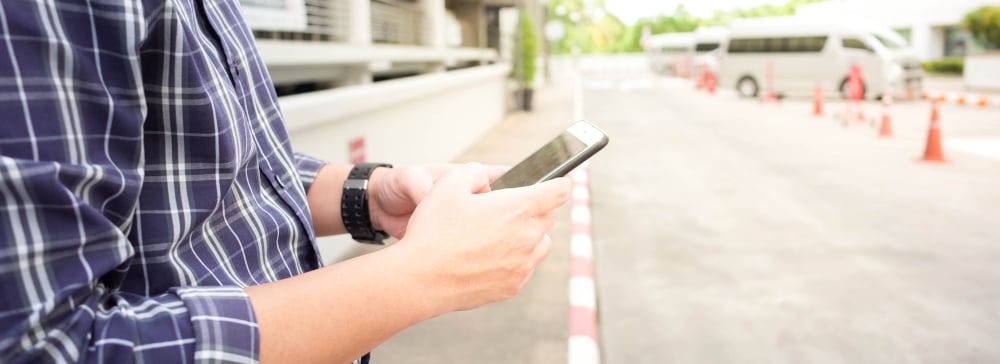
If you are seriously injured in an accident involving an Uber or Lyft vehicle, either as a passenger using a ridesharing service or as another motorist on the road, you may be eligible to receive substantial compensation to cover your medical bills, property damage, lost wages from time missed at work, pain and suffering, and other losses. Uber and Lyft accident cases can be more challenging to litigate than those involving typical car crashes due to complex liability issues surrounding the drivers and the companies that employ them. Make sure to consult a law firm with experience handling these cases. At Kogan & DiSalvo, our Fort Lauderdale car accident lawyers can investigate your accident, identify all potentially liable parties, and navigate rideshare company liability laws to build the strongest case possible on your behalf. Call for a free case review!
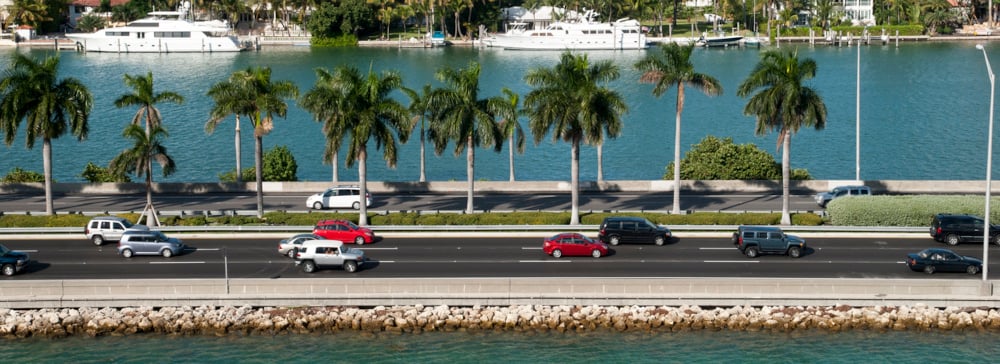
Uber and Lyft are Internet-based platforms that connect people who drive and deliver meals with people who need rides or are ordering food from restaurants.
If you live in an area where Uber and Lyft are available, you can use each company’s app to book a ride by typing in your pickup and destination locations. Once a driver who is nearby accepts your request, the app gives you an estimated arrival time for the driver picking you up and displays the driver’s name, vehicle brand, and license plate number.
The app alerts riders when their driver is about to arrive. Once you reach your destination, no cash is exchanged as the apps have your credit card information on file and will debit your account automatically. After your drop-off, you can use the app to leave a tip if you like and rate the driver and your experience.

Normally, when a driver or passenger is injured by another driver who may have been negligent, the injured person can bring a claim against the responsible driver’s employer if the driver was working at the time of the accident. But Uber and Lyft drivers are employed on a contract basis and are not considered employers of either company. According to their business model, Uber and Lyft merely connect drivers and riders rather than employ drivers. Consequently, Uber and Lyft can’t be held responsible for mistakes made by their drivers.
That gives injured persons little or no recourse for filing a lawsuit against Uber or Lyft in most places. Still, because the law is still evolving on this topic, if you have been in an accident, you should contact an Uber accident lawyer Fort Lauderdale locals know they can depend on for dedicated, knowledgeable representation. Speak with Kogan & DiSalvo for free to discuss your legal options.
Florida is a no-fault coverage state, so liability for an accident does not always need to be resolved. Under no-fault insurance laws, an injured person would pursue compensation for any damages through his own insurance provider. The exception is when damages from a crash exceed the maximum coverage allowed by your insurance policy.
If an accident causes serious injuries such as a traumatic brain injury, internal bleeding, broken bones, or paralysis, a victim’s pain and suffering cannot be compensated for through a no-fault claim. In addition, an Uber driver’s insurance provider could deny his claim, arguing he was working when the accident occurred. If this occurs, proving fault for the accident becomes key so that the full amount of damages can be covered.
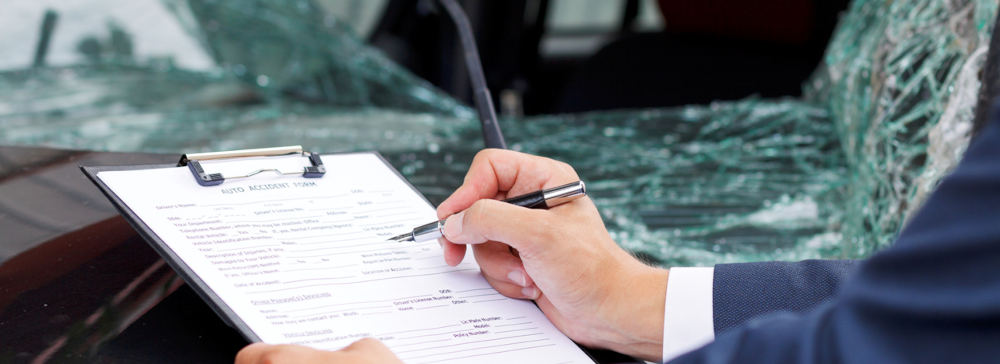
Even if Uber or Lyft can’t be sued directly, they are usually required to carry minimum levels of liability insurance for each of their drivers. Rideshare companies usually must carry minimum levels of liability insurance for each driver, with limits that are generally much higher than those for individual drivers.
Uber and Lyft provide rideshare insurance to drivers when they have accepted a ride and are on their way to pick up a rider, and while they are transporting a rider. But rideshare drivers who have state-minimum car insurance are required to buy collision and comprehensive coverage in order to take advantage of contingent coverage from Uber and Lyft. Rideshare companies generally will not insure a driver’s car at those higher levels for their work-related driving unless the drivers themselves purchase the higher levels of coverage for their personal auto policy.
Under Uber and Lyft drivers’ insurance policies, the deductible is usually $2,500 for comprehensive and collision coverage. Rideshare drivers who think that deductible is too high are advised to get additional coverage for driving on their way to a pickup and while transporting a rider. It is likely that these coverage decisions by drivers may end up affecting the level of damages a rideshare passenger can be awarded if he or she sustains injuries in an accident and files a claim.

The state of Florida established statewide requirements for rideshare companies, also known as transportation network companies (TNC), in 2017 with the Governor’s signing into law a bill (HB221) that outlines minimum insurance requirements for rideshare companies and their drivers. When rideshare drivers are logged onto the digital network but not occupied by a prearranged ride, the law requires:
When a rideshare driver is transporting a passenger, the law requires:
Florida’s law also authorizes an automobile insurance carrier that doesn’t provide TNC (rideshare) insurance to exclude coverage provided to an owner/operator of a TNC vehicle while he or she is driving that vehicle if logged on to the digital network or conducting a prearranged ride.
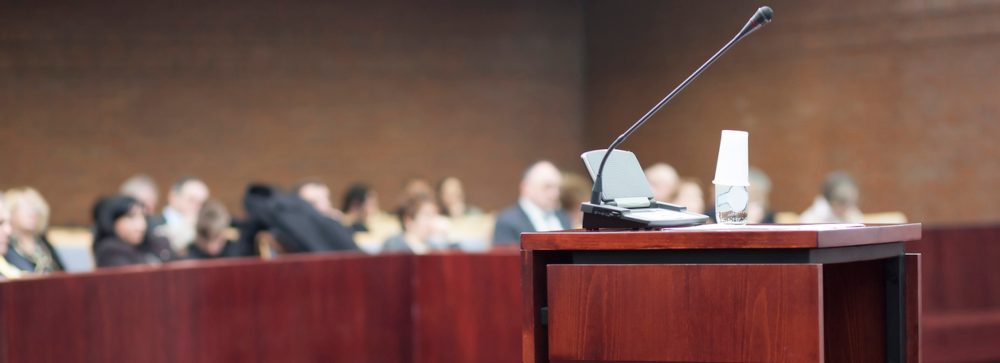
In addition, under this law, TNCs are required to conduct, or hire a private third party to conduct, local and national criminal background checks on their drivers every three years, plus a one-time driving record check when someone applies to be a TNC driver. The law does not permit a TNC to hire someone as a TNC driver if he or she has been convicted of particular crimes or has accrued a certain number of moving violations. To ensure that they have complied with the background checks requirement, TNCs are required under the law to submit an examination report prepared by an independent certified public accountant to the state’s Department of Financial Services. The law provides for penalties for a TNC that fails to comply with the background check requirements.
The law also requires TNCs to carry out a zero tolerance policy on drug and alcohol use by their drivers, and to suspend a driver while an investigation is underway in the event that a rider files a complaint regarding drug or alcohol use. In addition, the law requires that rideshare drivers carry proof of insurance and that a TNC’s digital network display photographs of TNC drivers and the license plate numbers of their vehicles.

Like other kinds of motor vehicle accidents, those that involve an Uber or Lyft vehicle can be caused by various forms of negligence on the part of the rideshare driver or the driver of another vehicle. These include:
Serious injuries caused by an accident involving an Uber or Lyft vehicle can saddle a victim with enormous costs for medical treatment and rehabilitation therapy, as well as not allowing them to return to work for an extended period of time because of incapacitation or severe pain. Some of the damages you can be compensated for are:
If your injuries are serious enough to keep you from returning to work, you might consider filing a third-party claim. If the accident caused the death of a relative, a Fort Lauderdale Uber accident attorney can help you bring a wrongful death claim against the driver at fault.
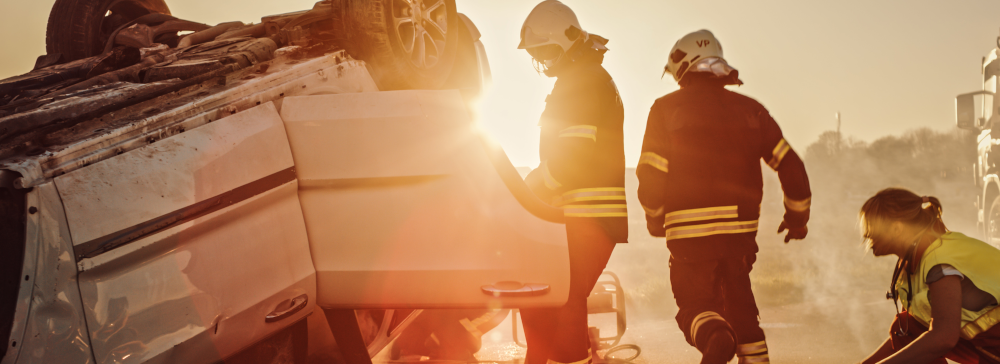
The circumstances surrounding motor vehicle crashes that involve a rideshare vehicle can often be more confusing than those in accidents without Uber or Lyft in the mix. That’s because there can be additional parties partially at fault for the accident, including the drivers of all vehicles affected, the TNCs themselves, and insurance providers for all the parties. After an accident, a rideshare passenger needs to deal with not only his or her own insurance provider but those of the driver and the rideshare company, not to mention the police. While Florida is a no-fault insurance state where generally each person involved in an accident is covered by his or her own policy, there is often a need to file a claim to determine fault if a person’s injuries are serious enough to require extensive medical treatment and rehabilitation therapy and prevent the victim from working for any length of time.
To help navigate all the questions that a rideshare accident raises, you need to consult with an experienced rideshare accident lawyer who can guide you through the process. Whether the accident was the result of a mistake or was caused by driver impairment or recklessness, due to such factors as speeding, distraction, or being under the influence of drugs or alcohol, will make a difference when you file an injury or wrongful death claim for compensation.
To help sort out whether the driver or the rideshare company bears responsibility for the insurance covering an accident, choose an Uber and Lyft accident lawyer Fort Lauderdale residents trust for world-class representation when they need it most.

If you are involved in an accident as a rideshare passenger, you should seek medical attention right away at a hospital emergency room or urgent care facility, even if you don’t think you were injured. Many injuries don’t become apparent until a day or even a week later. Failing to seek medical attention soon after an accident could not only put your health at risk but could also undermine your chances of winning a personal injury lawsuit. The driver’s insurance company will cite failure to seek prompt medical attention as proof that the victim’s injuries were not serious. The insurer may even allege the person’s injuries were not caused by the impact but from some other incident.
You should also file a police report following an accident. If you are in too much pain to do so yourself while at the scene of the accident, ask someone there to call the police and file a report for you. Filing an accident report with the police often serves as critical evidence that can be used later to support your claim.
In addition, if you aren’t in too much pain, take a few minutes to gather evidence at the scene before going to seek medical attention. This entails getting contact details from the rideshare driver and the other driver involved in the crash, as well as any other passengers in either vehicle and other eyewitnesses who saw the accident occur. Taking pictures of the scene and the damaged parts of vehicles involved, as well as physical signs of your injuries is also recommended. Documenting the scene to the best of your ability will help your car accident lawyer argue your case for compensation. You should also contact your insurance company to report the accident.
After your initial medical examination for injuries, you should keep detailed records of any medical expenses related to treatment and rehabilitation therapy, and note any time you miss at work and wages lost due to your injuries or enduring pain from them.
As with other kinds of motor vehicle crashes in Fort Lauderdale, an accident victim needs to file a personal injury claim for damages within two years of when the accident occurred, according to Chapter 25, Section 11 of the Florida Statutes. If a traffic accident has resulted in a fatality, members of the victim’s family also have two years to file a claim.
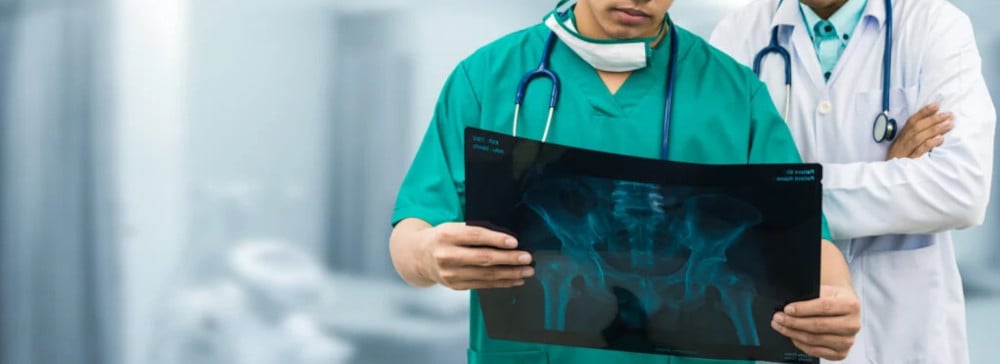
As in all traffic accidents, victims of rideshare collisions can die or be left with life-altering injuries that have long-term effects and seriously compromise their lives. Customary injuries that have been reported by victims of ridesharing accidents include:
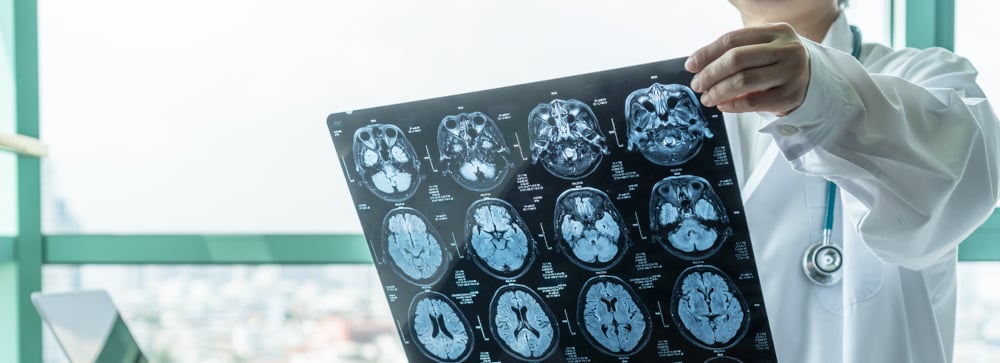
There were about 223,135 TBI-related hospitalizations in 2019 and 64,362 TBI-related deaths in 2020, according to the U.S. Centers for Disease Control and Prevention (CDC). These estimates don’t include the many TBIs that were treated only in emergency rooms, by primary care or urgent care doctors or that go untreated. While falls lead to nearly half of all TBI-related hospitalizations and gun-related suicide is the leading cause of TBI-related deaths in the U.S., the CDC’s surveillance report for 2018-2019 showed that unintentional motor vehicle crashes were responsible for approximately 17 percent of all TBI-related deaths.
Traumatic brain injury (TBI) is caused by a blow, jolt, or bump to the head or by a penetrating head injury that disrupts normal brain function. TBIs were identified in 25 percent of deaths resulting from all injuries that occurred in 2017.
Most people who sustain a moderate TBI or concussion are able to recover safely at home after a medical examination, while those with a moderate or severe TBI may need ongoing care in order to recover. Of the roughly 2.5 million TBI victims each year, more than 80,000 suffer some kind of permanent disability.
TBI victims may require vocational rehabilitation services to retrain for different jobs if their injuries are severe enough to prevent them from continuing to function as they need to in their careers before an accident.
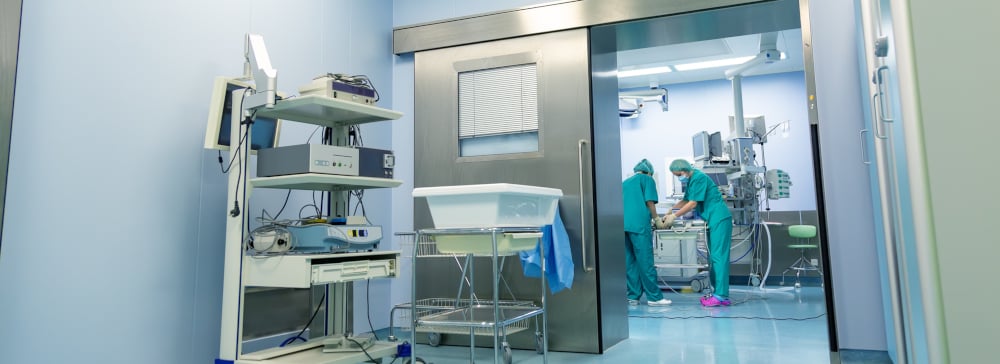
More serious traumatic brain injuries can put victims into a coma. The most often-used scoring system to describe the level of consciousness a person has after a TBI is the Glasgow Coma Scale (GCS). First published in 1974, the GCS objectively describes the extent of impaired consciousness in all types of acute medical and trauma patients whose traumatic brain injuries have induced a coma. The scale assesses patients by rating three aspects of responsiveness – eye-opening, motor, and verbal responses – on a scale of one to four. Reporting each of these separately provides a clear picture of a patient’s state that can be easily communicated.
A total Glasgow Coma Score combines the individual response components to give a less detailed description of a patient’s condition that still provides a useful summary of the overall severity. A GCS of 8 or less is considered severe, while 9-12 is seen as moderate and 13-15 is mild.
The use of the Glasgow Coma Scale became widespread in the 1980s and is now a required component of the National Institutes of Health (NIH) Common Data Elements for studies of head injury and the revised 11th edition of the International Classification of Diseases and is used in more than 75 countries.
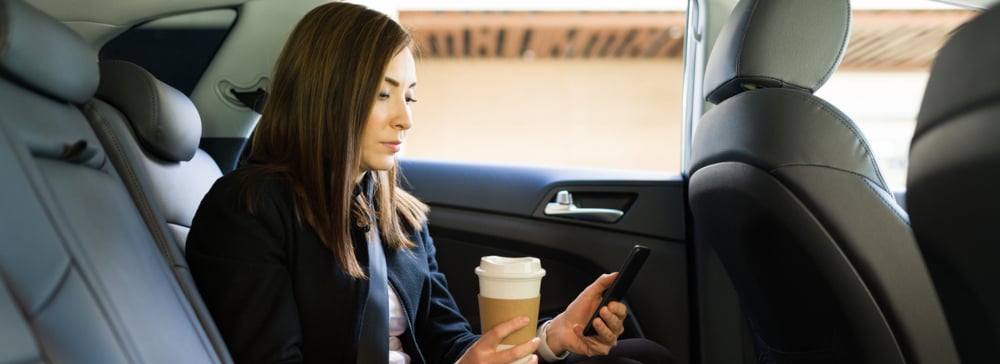
Despite the apparent safety advantages of Uber and Lyft and other services, the academic research published in recent years on whether ridesharing services are boosting or reducing the number of fatal traffic accidents across the U.S. is anything but clear.
A paper by economists Angela Dills and Sean Mulholland, published in Southern Economic Journal in 2018, analyzed data on fatal crashes by county across the U.S. that had been collected by the National Highway Traffic Safety Administration (NHTSA) through the Fatality Analysis Reporting System (FARS). The data showed fewer fatalities per 100,000 – in total, alcohol-related and at night – in the roughly 78,100 counties where Uber had operated up until that point than in more than 256,400 counties where Uber had never operated. The researchers went on to note apparently larger declines in fatal accidents the longer Uber’s service was available in counties.
Another 2018 study by economists John Barrios of the University of Chicago and Yael Hochberg and Livia Yi of Rice University in Houston, Texas, found that the advent of ride-sharing correlated with a 2 to 3 percent increase in the number of car occupants and pedestrians killed in traffic accidents between 2011 and 2016. This was all the more notable in light of data showing that in 2010 traffic fatalities nationwide had dropped to 32,885, the lowest number in nearly seven decades. That decline halted and then reversed around 2014 – just when ride-sharing services started to become popular in many U.S. cities.
They found that in addition to an increase in fatal accidents, gas consumption, miles driven, time spent in traffic and the number of newly registered cars also rose.
The increases in accidents were most concentrated in large cities with big populations, and more impoverished cities (measured by per capita income), as well as cities with relatively high reliance on public transportation, the researchers found.
Because Florida’s Department of Highway Safety and Motor Vehicles (FLHSMV) does not break out the numbers of crashes, fatalities and injuries associated with rideshare accidents, it’s difficult to get even an approximate idea of the extent to which rideshare vehicles are contributing to all traffic accident-related injuries and deaths across the state. In 2021, there were 400,924 motor vehicle crashes, 3,734 fatalities and 252,821 injuries from all crashes in Florida, according to preliminary data released by FLHSMV.

If you are injured in an Uber or Lyft accident, you need to prioritize recovery and regaining full use of your body and mind to be able to resume life’s normal activities. While you recover, you can’t afford to be distracted from your self-care priorities by all the details involved in figuring out who’s at fault and which party’s insurance is going to cover any costs related to medical procedures, missed work, and property damage. Consult an experienced personal injury lawyer at Kogan & DiSalvo to guide you through the complicated process and get you the compensation you’re entitled to. Reach out to us today for a free, no-obligation consultation.
If you are injured and unable to come to us,
our attorney will come to you - there is no charge for us to do so.